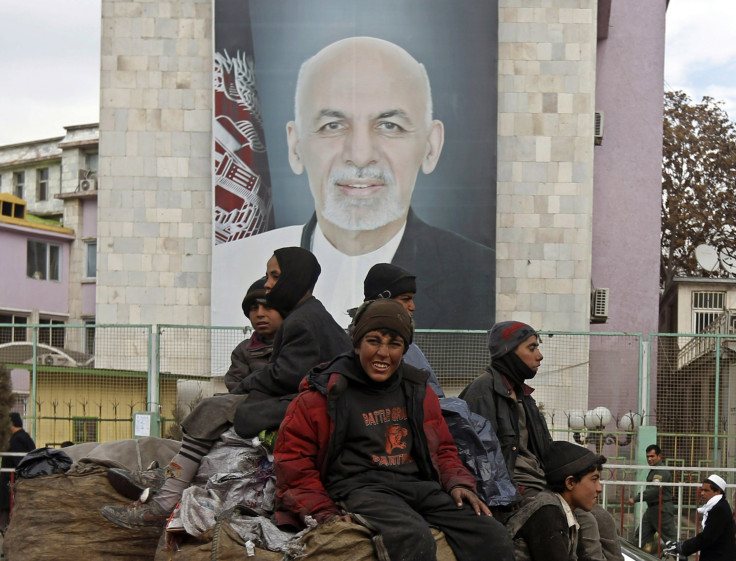Afghan Taliban Meeting In Pakistan Reveals Obstacles To Peace Talks

Pakistani officials told senior representatives of the Afghan Taliban that the group’s two top leaders must resolve their differences or else peace talks may not get off the ground, Reuters reported Thursday. The militant group participated in secret discussions in Islamabad last month, days after it indicated interest in negotiations with Kabul to end the war between the Taliban and the government. Many obstacles to dialogue were revealed during the meeting.
The divide between the Taliban political leader Akhtar Mohammad Mansour, who favored negotiations, and its battlefield commander Abdul Qayum Zakir, who felt talks were pointless, was preventing peace talks from moving forward, according to the Reuters report. The longtime rivals met recently to discuss their personal differences, said two Taliban sources cited by the news agency. However, Mansour was unable to persuade Zakir to hold talks with Kabul. The sources added that Zakir saw negotiations with the Afghan government as “wasting time” because the U.S. holds real power in the country.
A former detainee at the U.S. Guantanamo Bay detention camp, Zakir leads several thousand fighters in eastern Afghanistan, and his opposition to talks with Kabul creates uncertainty over whether any ceasefire agreement between the two sides could hold.
The secret negotiations indicated both Kabul and the Afghan Taliban remain deeply suspicious of each other, according to Reuters. The Taliban are expected to demand the immediate withdrawal of the remaining foreign troops -- a demand Afghan President Ashraf Ghani would be likely to reject.
One of Ghani’s senior aides said the president also would be likely to reject any Taliban demand for a reimposition of the harsh interpretation of Islamic law that was enforced during the group’s rule of Afghanistan from 1996 to 2001, Reuters reported. Pakistani intermediaries were working to find middle ground, but apparently with little success to date. “If these demands are not softened, the first day of talks could become the last day of talks,” the news agency quoted the senior aide as saying.
Overall, progress has been made since the Afghan Taliban’s indicated interest in peace talks in Qatar last month on the heels of the withdrawal of most U.S.-led coalition troops last year. Led by Qari Din Mohammad Hanif of the Taliban’s political office in Qatar, a delegation met in Islamabad with Pakistani army leaders and Chinese diplomats, according to two Taliban commanders and two senior Pakistani officials. “They [the Taliban representatives] have expressed their willingness, and there will be progress in March. But these things are not so quick and easy,” said a senior Pakistani official who spoke to Reuters on condition of anonymity.
The Taliban denied any such intentions, reiterating its goals in a statement on the group’s website as “attaining independence” and “ending the [Ghani government’s] occupation.” However, the Taliban delegation to Islamabad was reported by the commanders to have traveled on to Quetta to brief others on the preliminary discussions. “They said Pakistani officials had advised them to remove our internal differences before starting formal talks with Kabul,” Reuters quoted one of the Taliban commanders as saying.
© Copyright IBTimes 2025. All rights reserved.






















